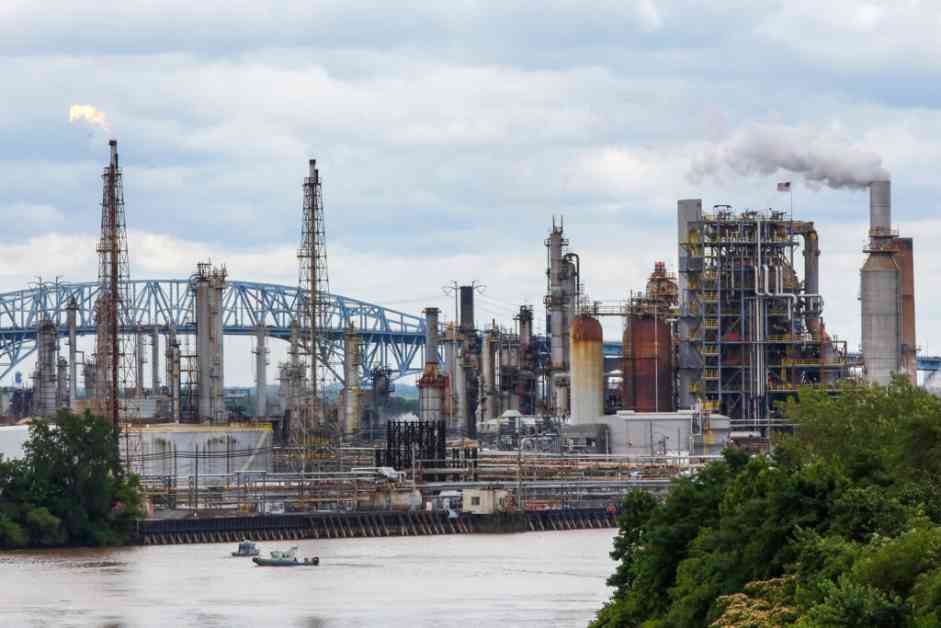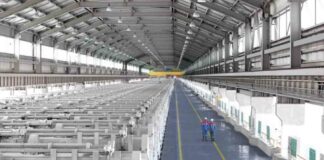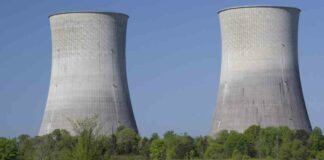**Philadelphia Refinery Closure: Pollution Concerns 5 Years Later**
In 2019, a catastrophic explosion led to the permanent closure of the South Philadelphia refinery, ending its 160-year operation and sparking hope among residents and environmentalists for cleaner air and water in the city. However, concerns still linger about pollution in the area even five years after the refinery’s closure.
**The Lingering Pollution**
Although the refinery is no longer operational, pollution remains a pressing issue in South and Southwest Philly. Russell Zerbo, an advocate for the Clean Air Council, highlighted the presence of other polluting industrial facilities in the area, including a terminal contaminated with benzene and proposed natural gas storage and tank facilities. Despite the closure of the refinery, environmentalists are worried about future vehicular air pollution from the site’s transformation into a massive logistics center.
**Environmental Activists’ Concerns**
Zerbo and other activists are concerned about the potential pollution from the new logistics center developed by HRP Group. They fear that once construction is complete, the traffic at the facility could rival the pollution levels of the former refinery. HRP Group has taken steps to remove petroleum waste and promote eco-friendly practices, such as electric vehicles and solar panels, but some contamination of soil and water remains a challenge.
**Regulatory Oversight and Challenges**
Pennsylvania’s Department of Environmental Protection has issued permits to HRP Group for the site, allowing certain levels of water pollutants under a new fast-track program to reduce regulatory delays. However, environmental groups like the Clean Air Council have raised objections to plans by Philadelphia Gas Works to build a natural gas storage plant in a residential neighborhood already burdened by poor air quality.
**Community Concerns and Call for Action**
Mark Clincy, a resident living near the former refinery site, has witnessed the impact of pollution on his community, attributing the deaths of his neighbors to refinery fumes. As a board member of Philly Thrive, a community group advocating for a thorough cleanup of the site, Clincy emphasizes the importance of removing toxic waste safely to protect public health.
**Conclusion**
Despite the closure of the Philadelphia refinery, pollution concerns persist in the surrounding communities. Activists, residents, and environmental groups continue to push for stricter regulations, thorough cleanups, and sustainable practices to safeguard public health and the environment.
Let’s take a moment to reflect on the impact of industrial pollution on communities and consider how we can support efforts to address environmental challenges. What actions can we take to advocate for cleaner air and water in our neighborhoods? Share your thoughts and ideas on how we can contribute to a healthier, more sustainable future for all.














